Posted on 4/17/2018
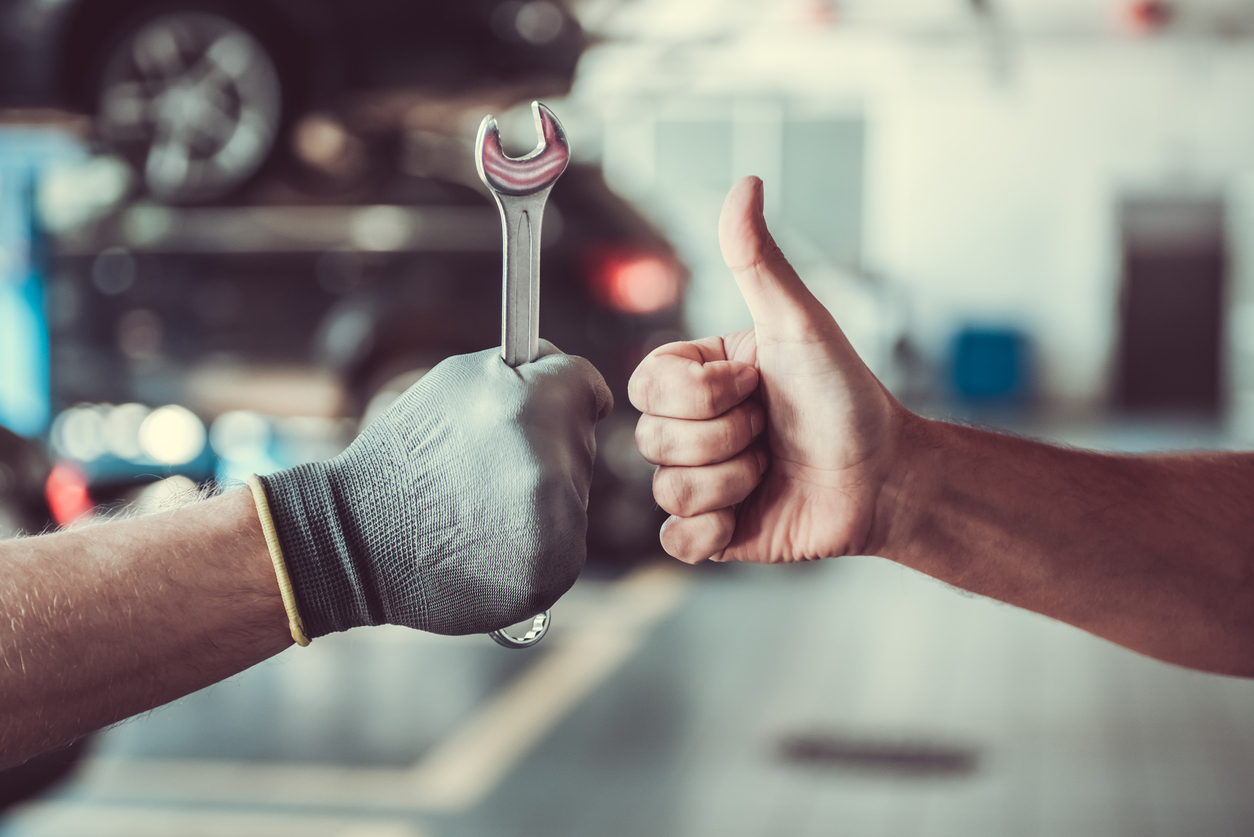
Even though it might not feel like it quite yet, the calendar says it's officially Spring. What better way to prepare for that Spring weather (when it finally gets here) than to do some maintenance on your car? This article comes from Angie's List. Maintenance Tips For Spring Driving First, make sure your exterior gets a good cleaning. Be especially careful that the undercarriage is washed clear of corrosive road salt. Then, give your car’s systems a thorough review, or take your vehicle to a reliable auto service shop, like All Tech Automotive for a spring checkup. Here are things a checkup should include, according to auto service pros who are highly rated by consumers: Tires Check the pressure on all four and the spare. Make sure tires have sufficient tread for safe travel: Insert a quarter into the tread of a tire that’s not warm from recent driving. Put the quarter upside down so the top of George Washington’s head is in the tread. If you can se ... read more
Posted on 4/11/2018

When it comes to taking care of your car, it's hard to know what is really important and what really isn't. This article that we wanted to share with you comes from the Allstate Blog. 5 Car Maintenance Myths Debunked Myth #1: Transmission fluid should be flushed. Mechanics sometimes recommend transmission service and fluid changes as frequently as every 50,000 miles, according to Cars.com, but is it necessary? Consumer Reports says usually not. Most modern vehicles use “long-life” transmission fluid that is designed to last for 100,000 miles or sometimes for the life of the vehicle. Since vehicles can vary, consider following the manufacturer’s recommendation as to how often to change your transmission fluid, says Cars.com. Myth #2: Using the air conditioner is better for fuel economy than opening the windows. It’s difficult to say for sure because fuel economy can vary depending on your vehicle. Some people think that opening your car’s ... read more
Posted on 4/3/2018
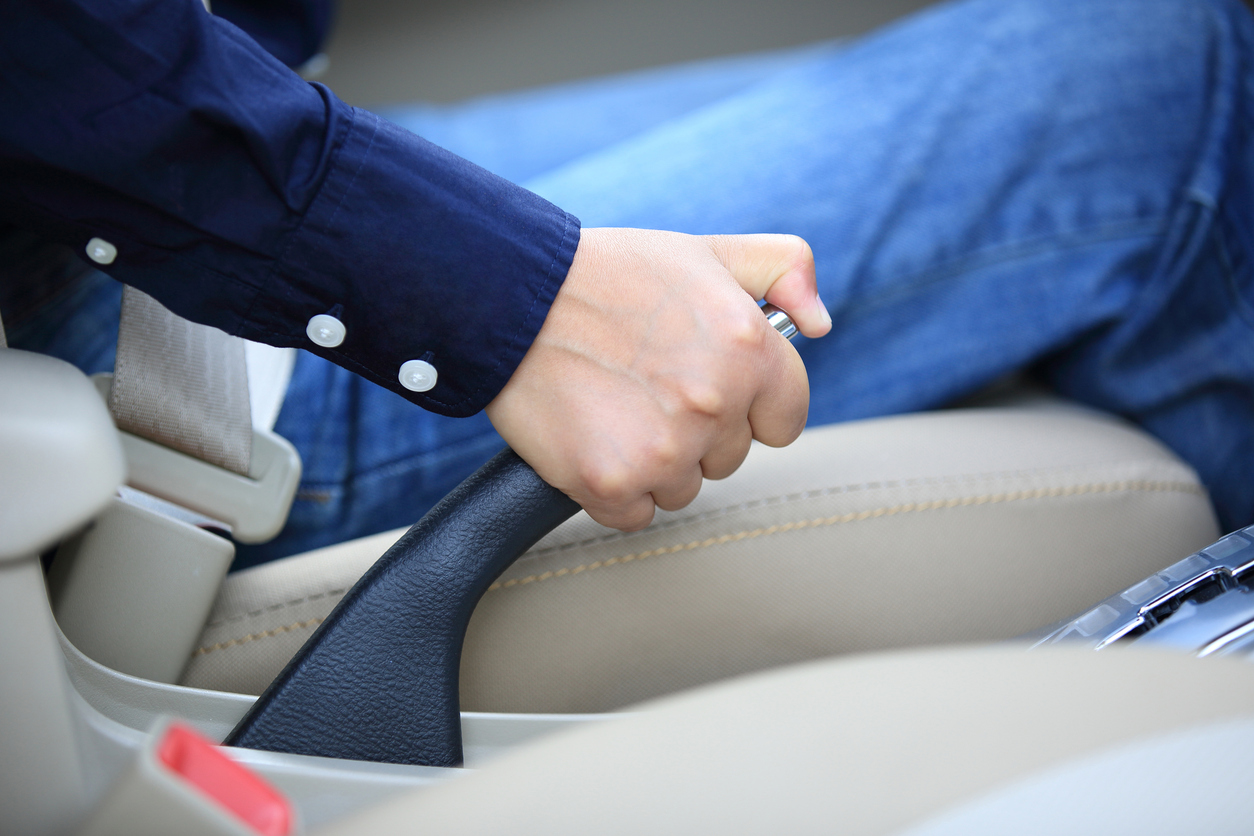
Have you ever used your emergency brake before? Maybe you're one of the few who actually is not sure when and where to use it? This great article that All Tech Automotive found on Nationwide that talks about how and when to use this feature. How and When to Use Your Emergency Brake When should you use the emergency brake? New and experienced drivers often don’t know how the emergency brake works, or how and when to use it. Yet it can increase the safety of a vehicle, not to mention its engine life. How emergency brakes work The emergency brake, or parking brake as it's sometimes called, works independently from the brakes that you tap to stop your car. It's that way on purpose so you have access to an alternative braking system should your primary brakes fail. Your primary brakes work through a high-tech hydraulic system and are meant to slow your car to a stop. The emergency brake, on the other hand, is designed to hold your car in place. However, if your p ... read more
Posted on 3/27/2018
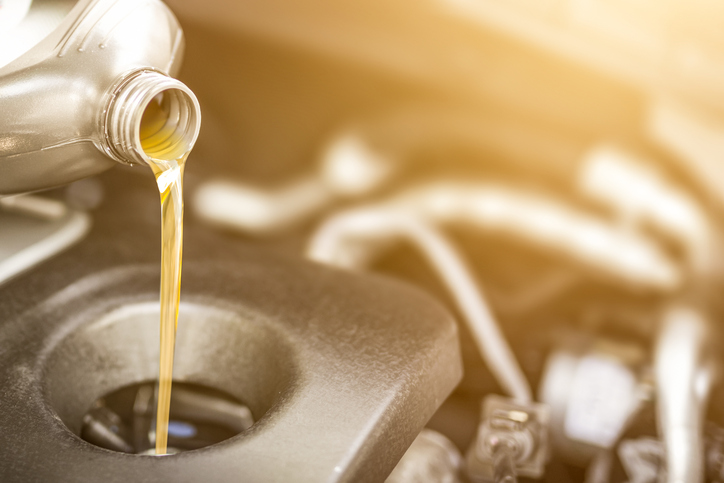
This great article that All Tech Automotive wanted to share with you comes from the AAA blog. How Often Does Engine Oil Need To Be Changed? Every automobile engine needs oil, but not just any oil will do. Modern engines are designed and built to exacting standards and require oils that meet very specific industry and automaker specifications to ensure a long service life. Failure to use the right type oil, and document its use, could void your new-car warranty. Most late-model cars require synthetic-blend or full-synthetic, low-viscosity, multi-grade, resource-conserving oils that minimize friction and maximize fuel economy. However, choosing the right oil is not always easy. The proper oil for your make and model of vehicle must have the correct SAE viscosity grade, meet performance standards set by the API, ILSAC and/or ACEA, and comply with any unique specifications established by the vehicle or engine manufacturer. These requirements are detailed in your vehicle owner's manua ... read more
Posted on 3/13/2018

It's already easy to be distracted by your surroundings when you're driving; so easy, in fact, that we don't need to be distracted by anything else. This great article that All Tech Automotive wanted to share with you comes from Geico. Tips To Help You Focus On The Road Nearly everyone is guilty of some form of distracted driving. In fact, distracted drivers are almost everywhere you look: the cell phone socialite, the in-car iPod DJ, the high-fashion cosmetician, the 3-course meal king or queen. Here are some good ideas to help you drive more safely: 1. Use your cell phone for emergency situations only. While you're driving, a cell phone should only be used for emergency purposes. Even then, it's best to pull over safely to the right shoulder to make a call. Even hands-free devices can still cause you to miss important visual and audio cues needed to avoid a crash. Social conversations on cell phones should not be carried on while driving. Remember ... read more
Posted on 3/6/2018

Foggy windows can be a nightmare when you're trying to drive your car. This article that All Tech Automotive wanted to share with you comes from the AllStateBlog. How to Deal with Foggy Windows The reason for foggy windows has to do with temperature and the air’s moisture content. On a cold day, any moisture in the air inside your car — from passengers exhaling, snow on your boots, etc. — turns to condensation when it hits air next to the windows that’s below a certain temperature, called the dew point. The condensation is what makes your car’s windows appear foggy. On a hot, humid day, the opposite happens, when the muggy air outside your car reaches the dew point against your windshield after it’s cooled by your AC system. Whether the fog is on the inside or the outside of your windows, any time you can’t see clearly in all directions, it’s potentially dangerous. So, it’s important to know how to make sure your w ... read more
Posted on 2/27/2018
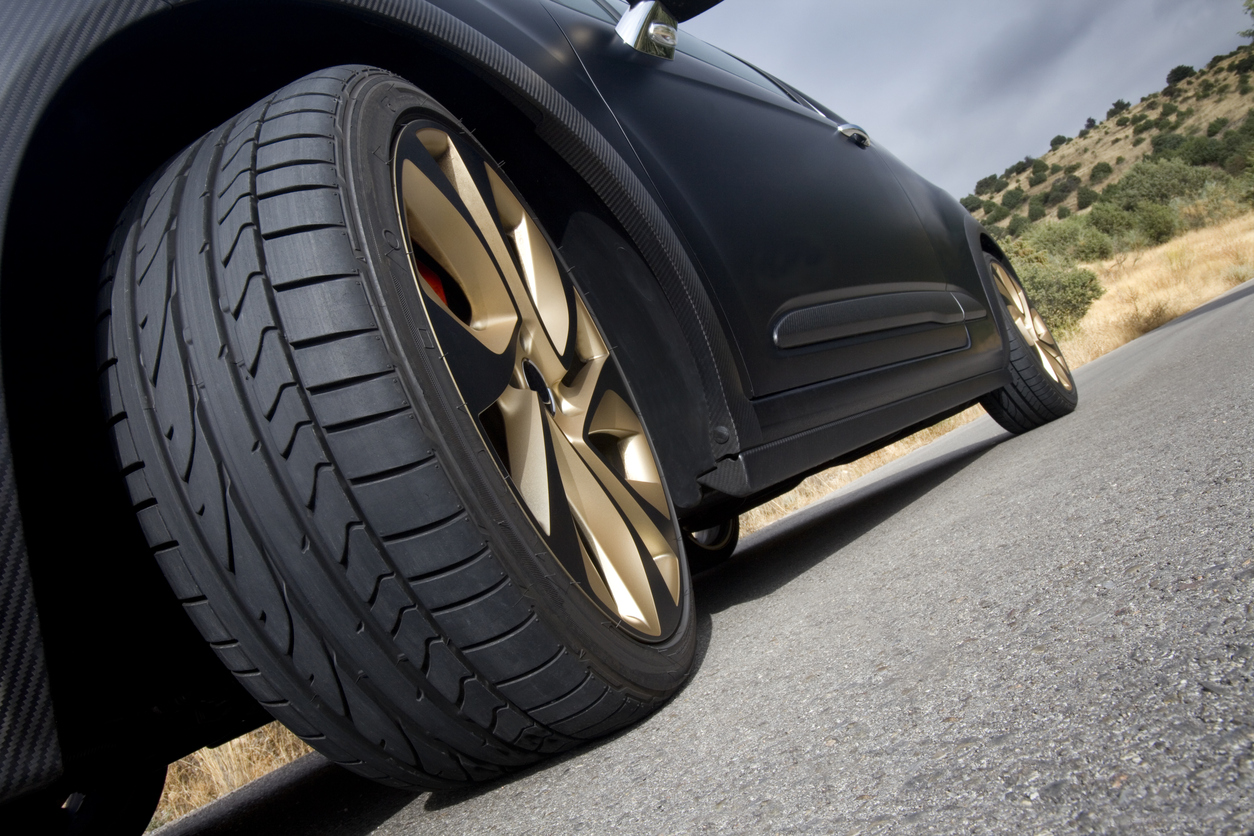
This helpful article that All Tech Automotive wanted to share with you comes from How Stuff Works Auto. 5 Warning Signs You Need New Tires Just as your feet are sore after a long walk, the tires on your car take a beating every time you drive. This isn't a sign of bad driving --well, not usually -- but rather an inevitable fact of life. Tires get old and worn down. And because a tire failure while you're driving can be catastrophic, causing your car to go out of control or leaving you stranded in the middle of nowhere without any easy way to get home, you want to know when your tires are in bad shape so you can get new ones before something goes wrong. Of course, if you have a mechanic look at your car periodically, he or she will probably tell you if the tires need to be changed, but there are several things you can do yourself short of a visit to your local auto center to make sure your tires are in good shape. 1. Tread Depth The tread on your tires should never fall below ... read more
Posted on 1/16/2018
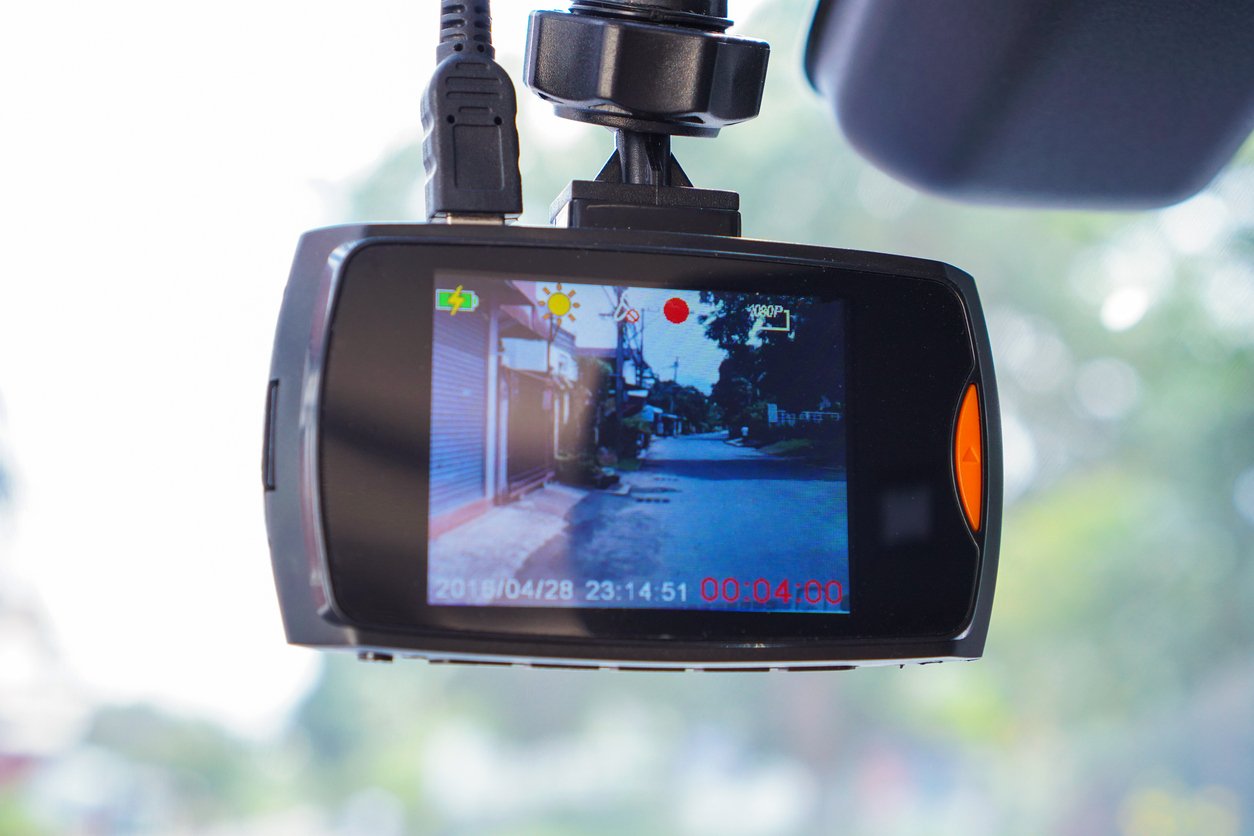
Backup cameras pay a big role in keeping you safe because they allow you to see your blind spots better. This article the All Tech Automotive found on Fix explains this in more detail. The Rise of the Backup Camera What is a Backup Camera? Backup or rearview cameras are small, wide-angle cameras mounted in the rear of a vehicle, and connected either to the infotainment screen on the instrumental panel, or a small monitor in the rearview mirror itself. The idea for a camera replacing a rearview mirror can be traced back as far as 1956, when Buick introduced the Centurion concept car at the 1956 Motorama Show in Detroit. According to the GM Heritage Center's website, "the Centurion featured a television camera in the rear to report traffic to the driver via a television screen in the dashboard, replacing the rearview mirror." The Centurion's camera never made it to production, and the idea never really came to fruition for another 50 years. In 1991, the Japan home m ... read more
Posted on 1/9/2018
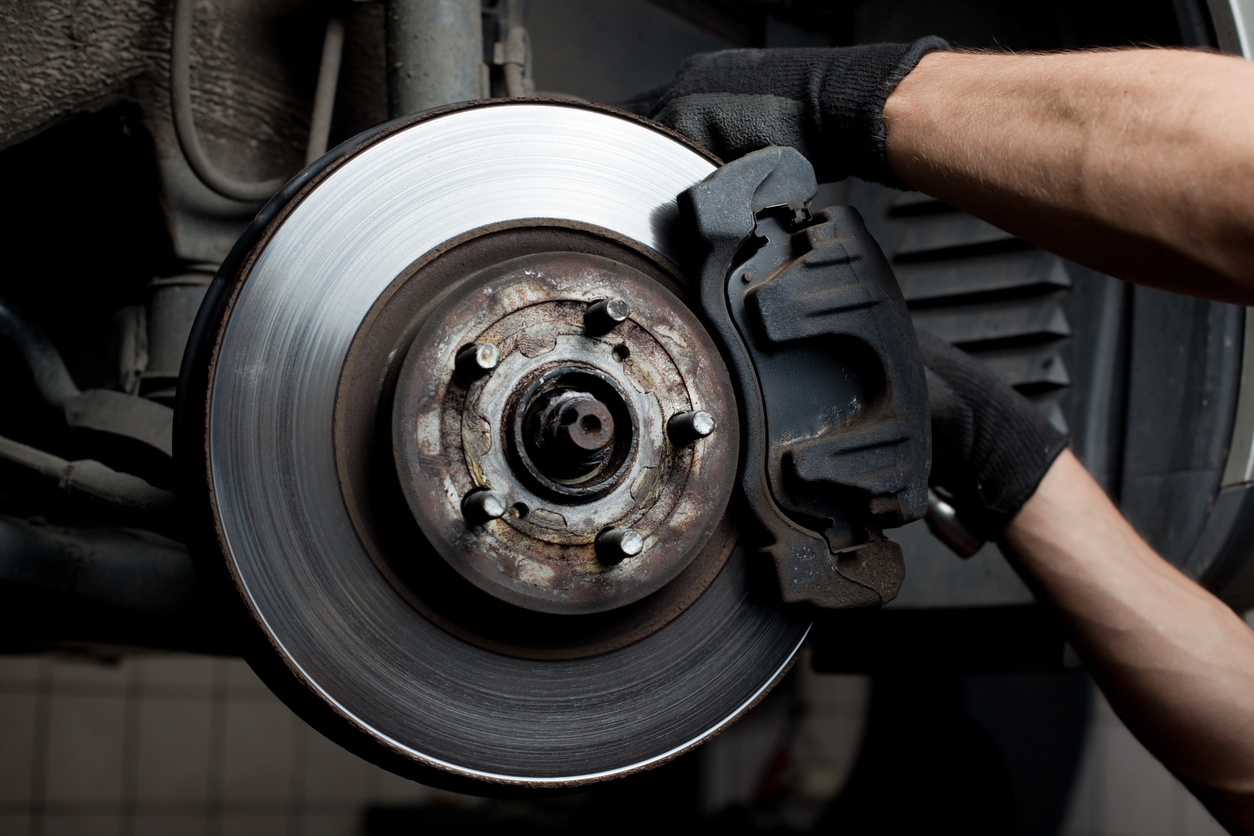
As a driver, it is important to know your car and it's especially important to know when your car needs something new, like new brake pads. All Tech Automotive found this article on Geico.com. 5 Signs You Need New Brake Pads There are a lot of car owners out there who don't consider brake maintenance a priority - until something goes wrong. Do not make this mistake. When you hit the brake pedal, a complex network of parts springs into action. In order for the system to keep functioning properly, certain pieces must be replaced at regular intervals. Among those components, the ones that you'll probably be switching out the most often are your brake pads. What are "brake pads" and how do they work? In most modern automobiles, the front two wheels have a braking apparatus that depend on what are known as rotors: metallic discs found behind each wheel. Above each of these is a clamp-like device called the caliper. When you hit your brake pedal, the calipers start t ... read more
Posted on 12/19/2017
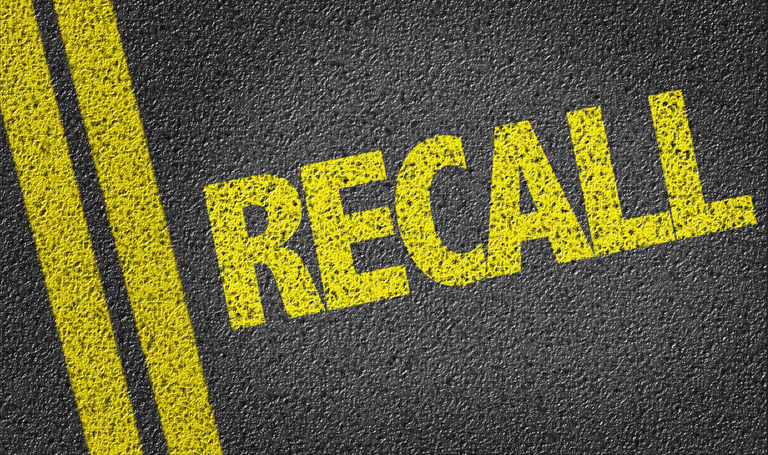
If you've ever worried what to do in a situation where your vehicle is recalled, this article All Tech Automotive found on the DMV website gives the answer. What to Do If Your Vehicle Is Recalled If the NHTSA determines a certain vehicle model or vehicle safety feature is defective, it will order a recall. If the manufacturer complies, you will be notified via mail by the manufacturer. In this letter you will be instructed on how the problem will be resolved via one of three ways: Replacement - The manufacturer will replace your vehicle will replace your vehicle with an identical or similar model. Refund - The manufacturer will refund the purchases price, minus depreciation costs. Repair - The manufacturer, the recall letter, will instruct you on where to take your vehicle for repair, along with an estimated repair time and contact information should you have any questions. If you did not receive notification from the manufacturer, but believe your ... read more